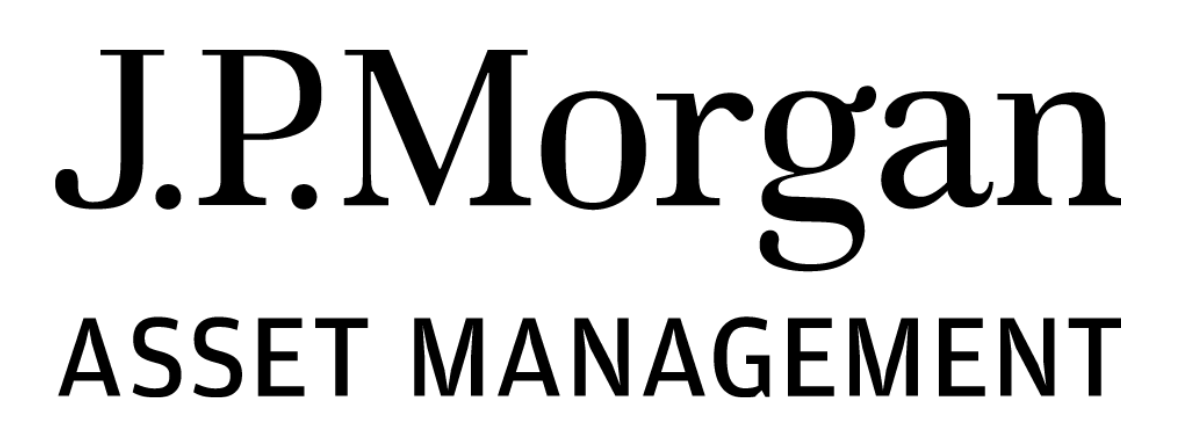ETF investors piled into risk-off assets this month amid concerns the equity rally could be capped for the rest of the year as recession fears mount.
According to data from ETFbook, the €1.3bn Xtrackers German Government Bond UCITS ETF (D5BB) pulled in €745m this month inflows while investors poured €685m into the iShares $ Treasury Bond 20+yr UCITS ETF (IDTL), as at 25 August.
Flows piled in across the US Treasury yield curve, with the iShares $ Treasury Bond 0-1yr UCITS ETF (IB01) and the PIMCO US Dollar Short Maturity UCITS ETF (MINT) recording inflows of €276m and €214m, respectively. The iShares $ Treasury Bond 7-10yr UCITS ETF (IBTM) also saw net new assets of €206m.
UK gilts continued their strong run on rising yields, with the iShares UK Gilts 0-5yr UCITS ETF (IGLS) posting inflows of €285m.
Meanwhile, investors pulled €1.7bn from the iShares Core € Corp Bond UCITS ETF (IEAC) and a combined €469m from the iShares $ Corp Bond UCITS ETF (LQDE) and the iShares € High Yield Corp Bond UCITS ETF (IHYG), as demand for greater credit quality soared.
Risk assets have shot the lights out so far this year amid predictions of slowing inflation and easing central bank monetary policy.
However, there are signs investors are on the defensive within the equity bucket of their portfolios as well after the Xtrackers S&P 500 Equal Weight UCITS ETF (XDWE) and the Xtrackers S&P 500 Equal Weight ESG UCITS ETF (XZES) recorded €357m and €279m inflows, respectively.
Dubravko Lakos, chief global stock strategist at JP Morgan, recently predicted the rally in the US stock market is likely to be capped for the year, with the view stock prices are too high relative to earnings and that investor positioning is too bullish.
In an interview with CNBC, Lakos said the Federal Reserve will likely keep interest rates higher for longer, with investors now pricing in a 42% chance it will raise rates by 25 basis points in November following the meeting at Jackson Hole last week.
He added a recession for the US economy was inevitable with two tailwinds of strong fiscal and consumer spending likely to decline in 2024.
“There is no landing, no landing, until you get to hard landing. I do not buy into the soft-landing thesis.” Lakos said. “I just have a hard time believing that inflation is going to come down, the Fed is going to be cutting rates, and growth will be just fine.”
Dan Scott, head of multi-asset at Vontobel, said the group has maintained its macro base assumption of a US recession by the end of the year, aligning his portfolio defensively following Powell’s comments at Jackson Hole last week.
“In cash, we have gone from underweight to neutral to lock in some money market returns, in equities we have gone from overweight to neutral while our fixed income positioning remains steady,” he said.
Within equities, Scott said he has overweighted the more defensive markets of the US and Switzerland while going “double underweight” European equities and cutting its emerging market equity exposure from overweight to neutral.






